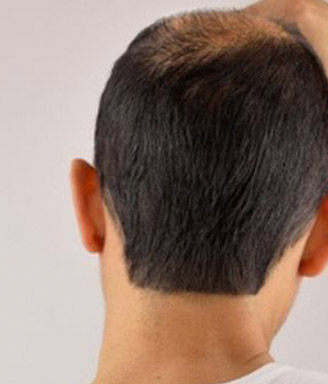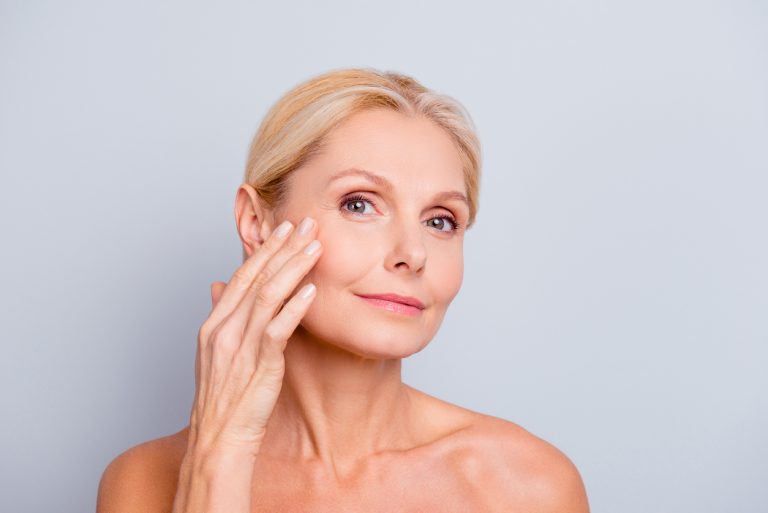
What is alopecia?
This article explores who can get alopecia, the different types of alopecia, the symptoms, the diagnosis, and how to treat it.
Dr Michael Rich is a specialist dermatologist who has been performing tumescent liposuction for over 30 years. Find out if Liposuction is suitable for you at ENRICH Clinic.
At ENRICH Clinic, we have a wide range of dermatological and cosmetic body treatments tailored to individual body and patient needs.
At ENRICH Clinic, our treatments are performed by our medical team consisting of doctors, nurses, and dermatologists and are tailored to each patient’s skin health needs.
ENRICH Clinic is committed to your skin health and well-being with a range of dermatological & cosmetic treatments tailored to the individual. Our treatments are performed by our medical team consisting of doctors, nurses, and dermatologists.
Skin health is essential for everyone. ENRICH Clinic has a wide range of technologies and dermatological solutions to help you achieve your skin care goals.
 We associate grey hair with getting older (despite the trend currently for young people to dye their hair silver or grey). But why do we go grey in the first place, and is there a way to stop it?
We associate grey hair with getting older (despite the trend currently for young people to dye their hair silver or grey). But why do we go grey in the first place, and is there a way to stop it?
Whilst there is no cure for grey hair (aside from hair dye!) ENRICH Clinic is home to several anti-ageing and rejuvenation techniques to keep you looking and feeling young.
Medical researchers have identified the elements our hair shaft matrix comes from, which appear to be specific to the hair shaft, not to normal follicle cells. A certain growth factor then causes the necessary stem cells to be produced that cause hair to have pigmentation – these factors maintain the melanocytes, our melanin-producing (pigment) cells that cause both tanning, dark skin, and hair colour. When this factor is depleted, hair growth stops and hair turns grey.
Another way hair turns grey is due to oxidative stress to the melanocyte stem cell or at a particular point in the hair melanocyte, which can cause death of the melanocyte. This means no pigment is produced, resulting in a grey hair.
Certain genetic mutations (like those seen in Chediak-Higashi syndrome) and ageing reduce and downregulate some antioxidants, which results in more melanocyte malfunction and death.
There is also a gene involved in grey hair, which is a gene involved with the storage and production of melanin.
Not exactly. The only ‘therapy’ designed for greying hair is to dye it or let it go for it, which could be argued are not treatments or cures at all. These gene pathways may prove a good starting point for figuring out how to stop or slow the greying process.
PRP treatments are being used as a novel hair-loss treatment, with some physicians reporting a reversal of greying in those whose scalps have been injected with PRP, however the results are not universal. There are currently no published studies regarding PRP as a treatment for greying hair, nor any other growth factors for that matter, though watch this space.
We do PRP scalp treatments for hair loss.
Contact us
*With all surgeries or procedures, there are risks. Consult your physician (GP) before undertaking any surgical or cosmetic procedure. Please read the consent forms carefully and be informed about every aspect of your treatment. Surgeries such as liposuction have a mandatory seven-day cooling-off period to give patients adequate time to be sure of their surgery choice. Results may also vary from person to person due to many factors, including the individual’s genetics, diet and exercise. Before and after photos are only relevant to the patient in the photo and do not necessarily reflect the results other patients may experience. Ask questions. Our team of dermatologists, doctors and nurses are here to help you with any of your queries. This page is not advice and is intended to be informational only. We endeavour to keep all our information up to date; however, this site is intended as a guide and not a definitive information portal or in any way constitutes medical advice.
"*" indicates required fields
Combining Dr Rich’s dermatological skill with his knowledge of restorative skin regimes and treatments, the ENRICH range is formulated to help maintain and complement your skin. Our signature Vitamin C Day & Night creams are now joined by a Vit A, B,&C Serum and a B5 Hyaluronic Gel, both with hydration properties and much, much more.

This article explores who can get alopecia, the different types of alopecia, the symptoms, the diagnosis, and how to treat it.

Menopause is a process that will happen to all women at some point in their life. It is the time when you stop experiencing your monthly period, and it is most often the end of the reproductive lifecycle.

Hair loss in any person needs immediate attention if you want to address the root cause – and preserve your hair.

There are a lot of misconceptions out there regarding hair regrowth treatments and hair loss. We set the record straight.
Subscribe to the ENRICH newsletter and receive latest news & updates from our team.
Enrich Clinic acknowledges the Traditional Lands of the Wurundjeri Woi Wurrung and Bunurong peoples of the East Kulin Nations on which we work and trade. We pay respect to their Elders past, present and emerging. We extend our acknowledgement and respect to the LGBTQIA+ community who we welcome and support. Read our full Acknowledgement Statement here
